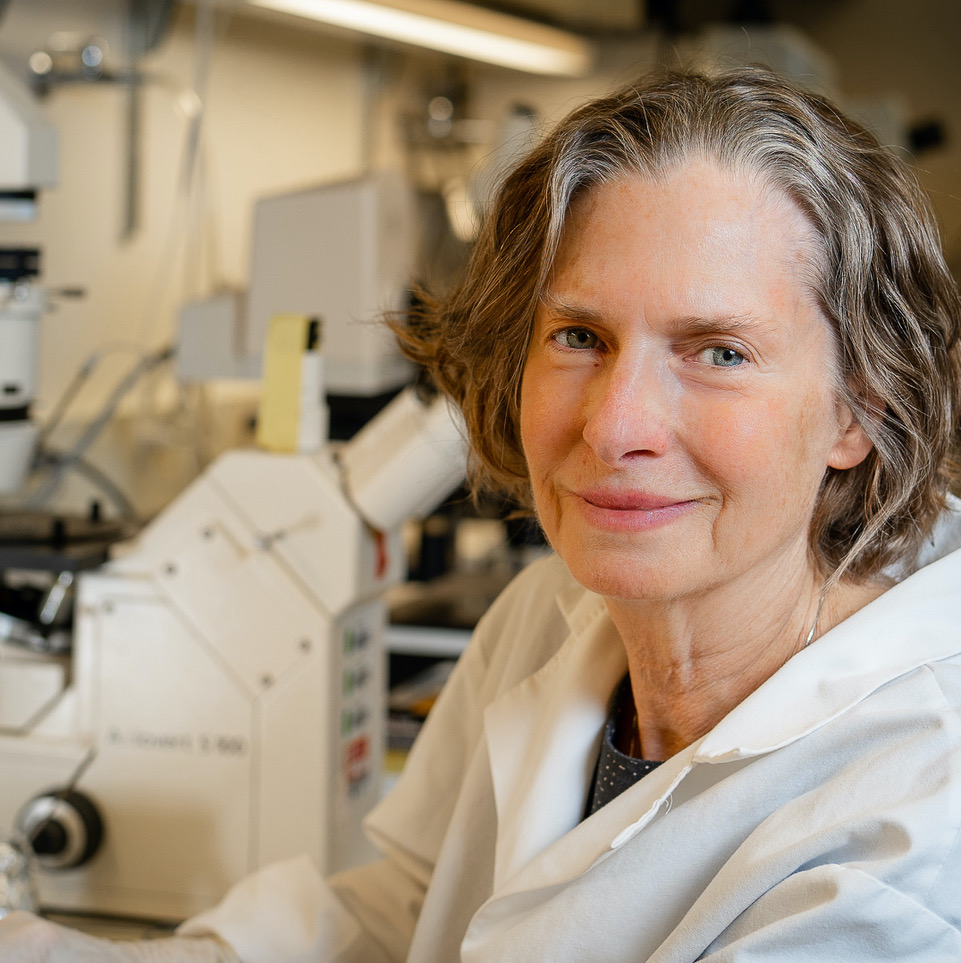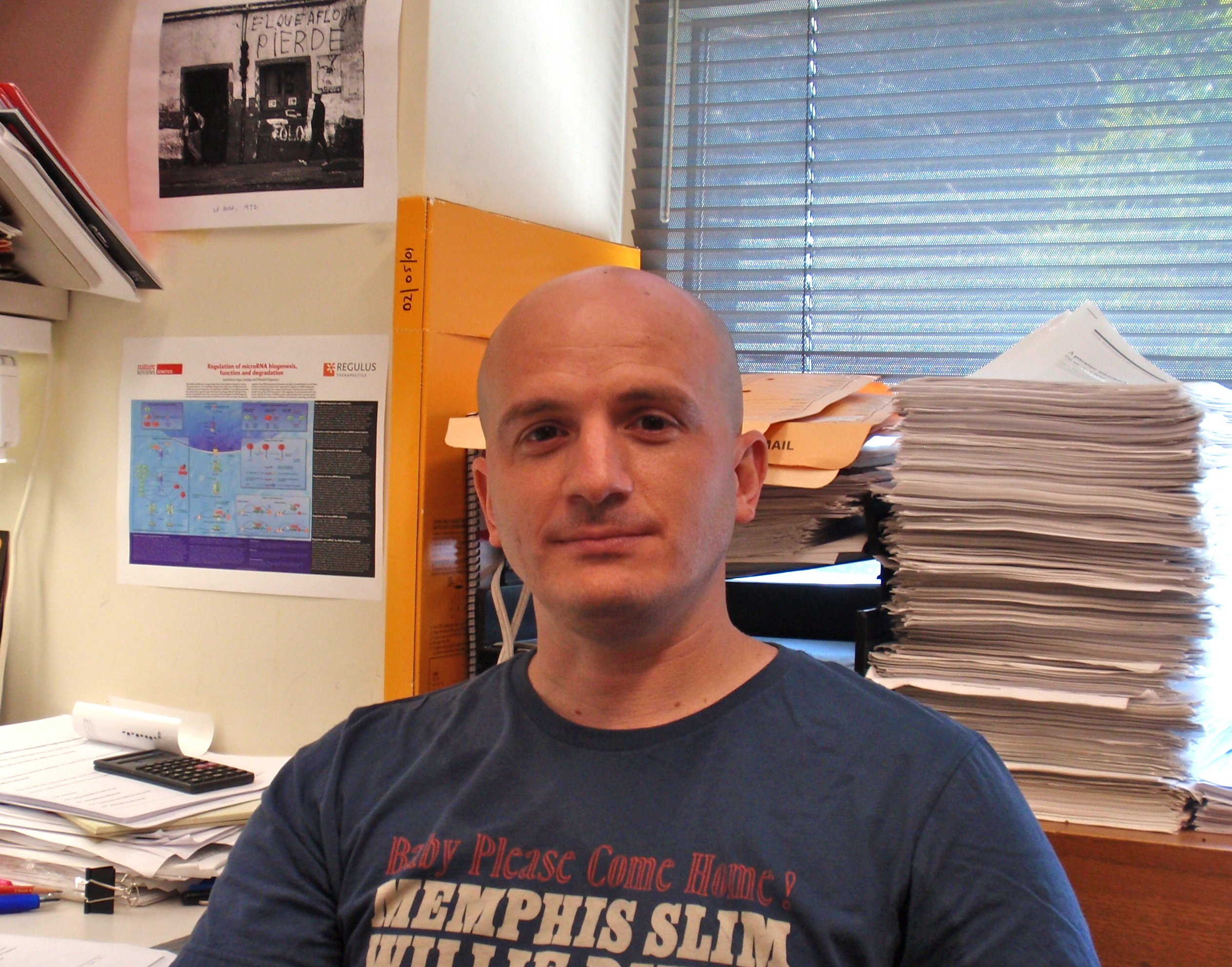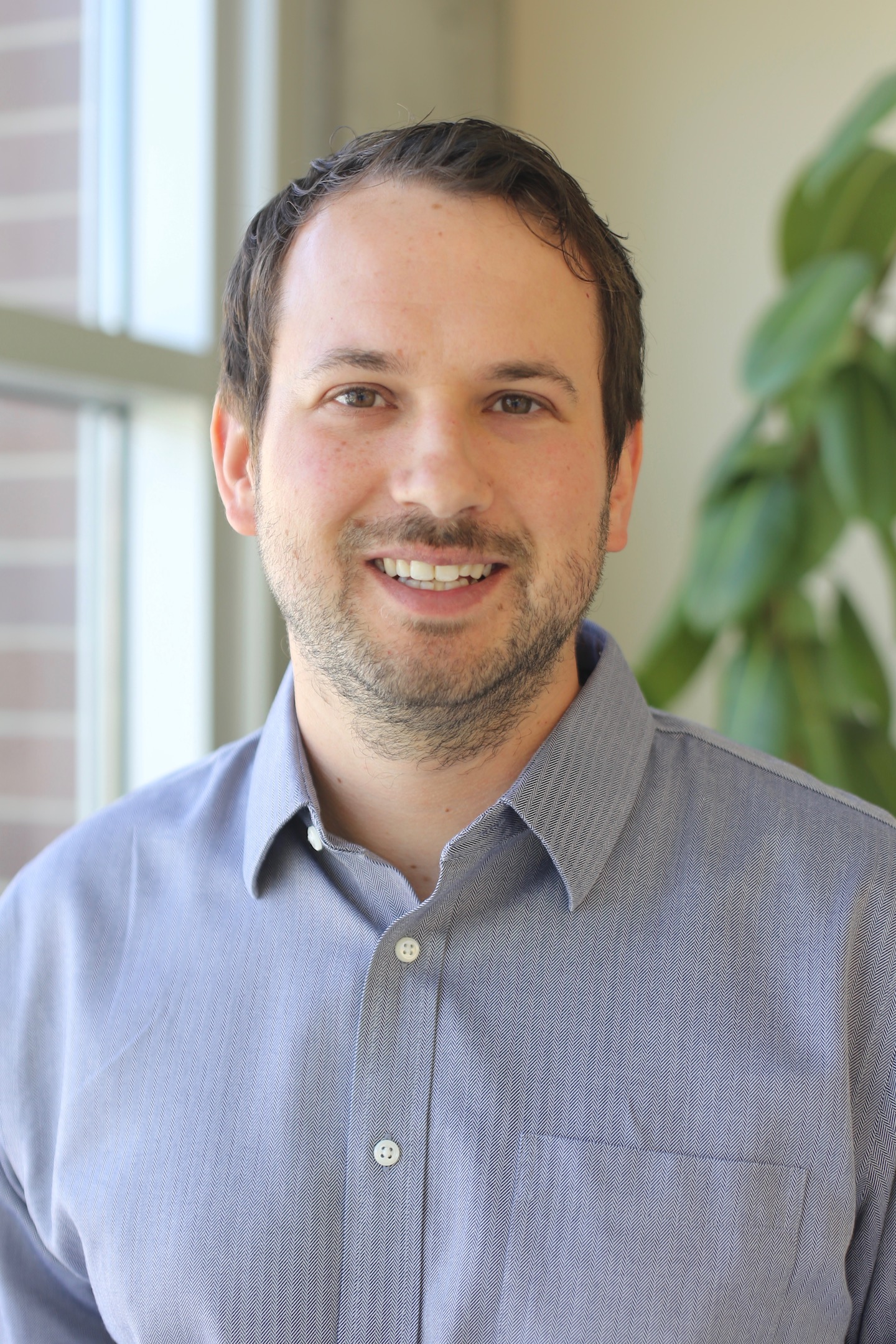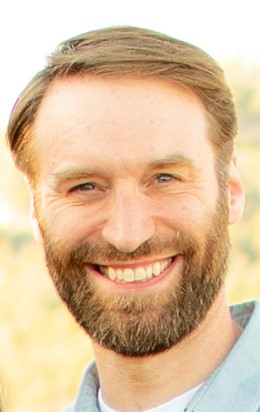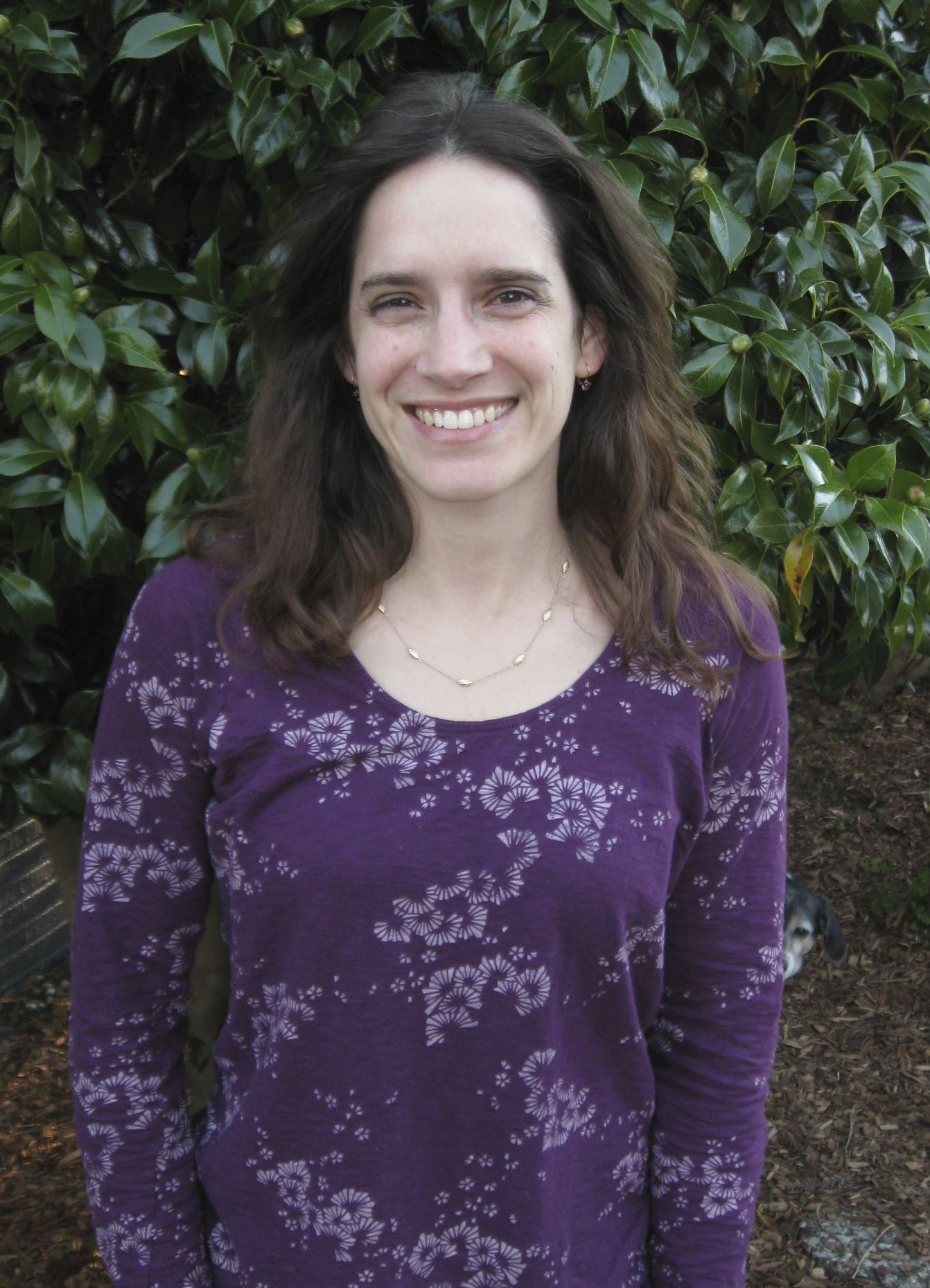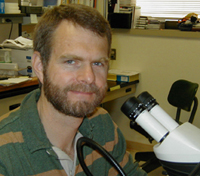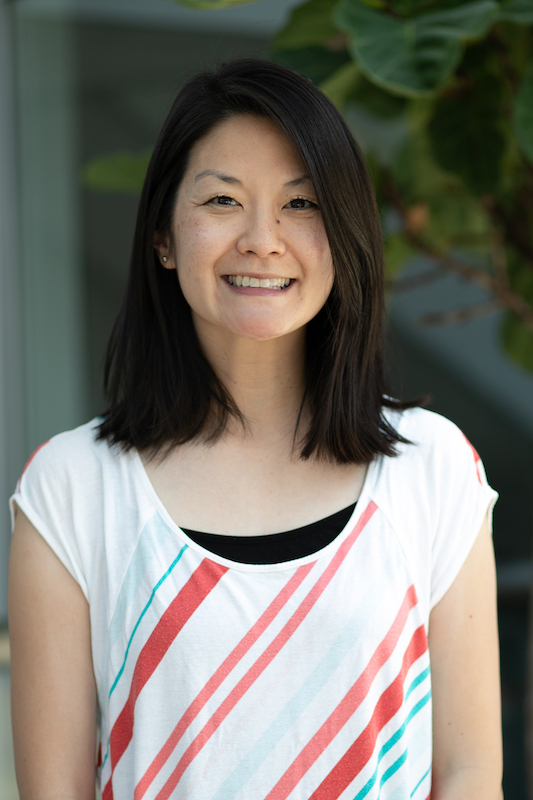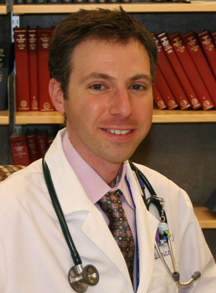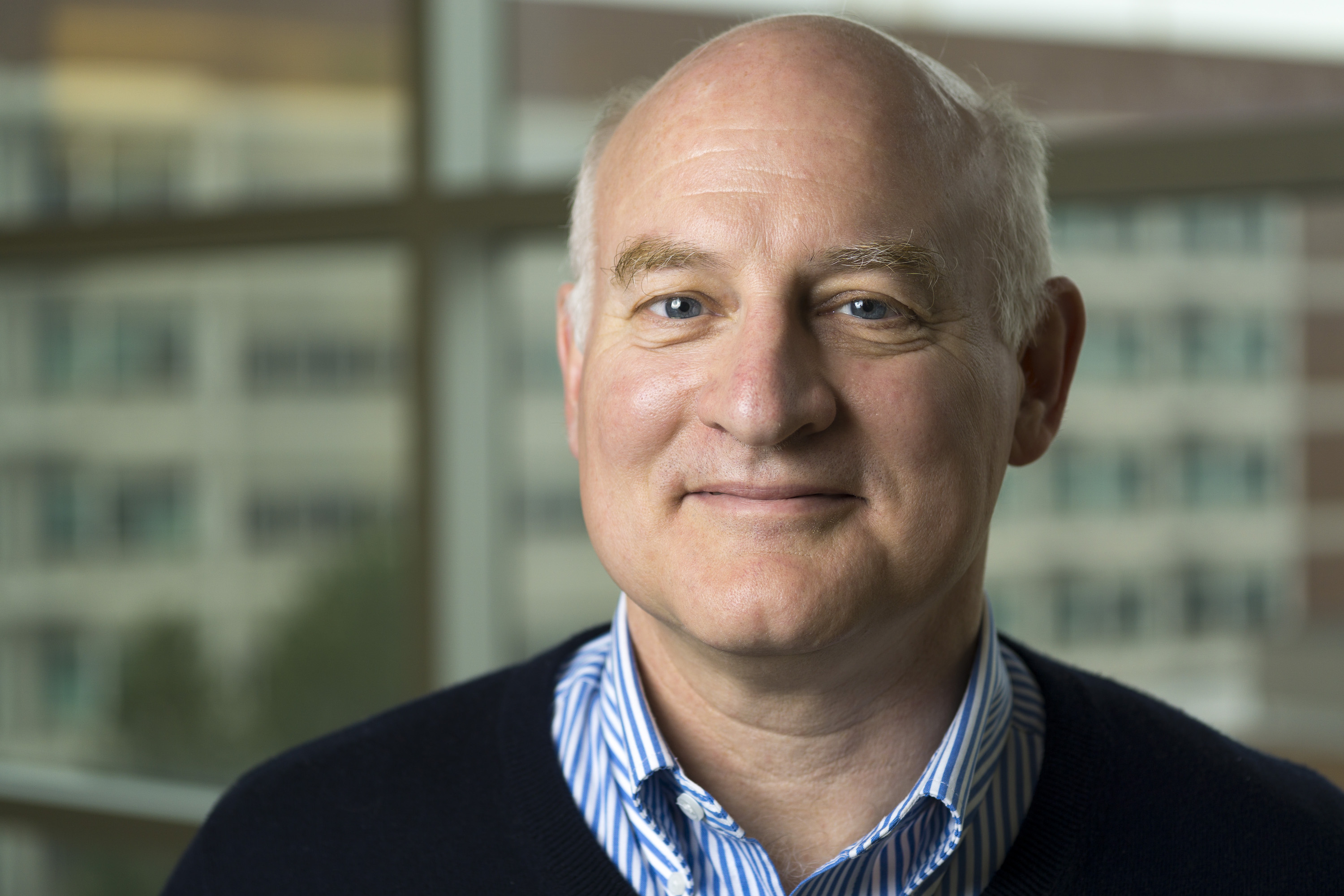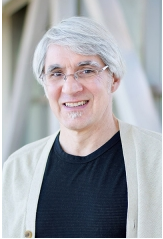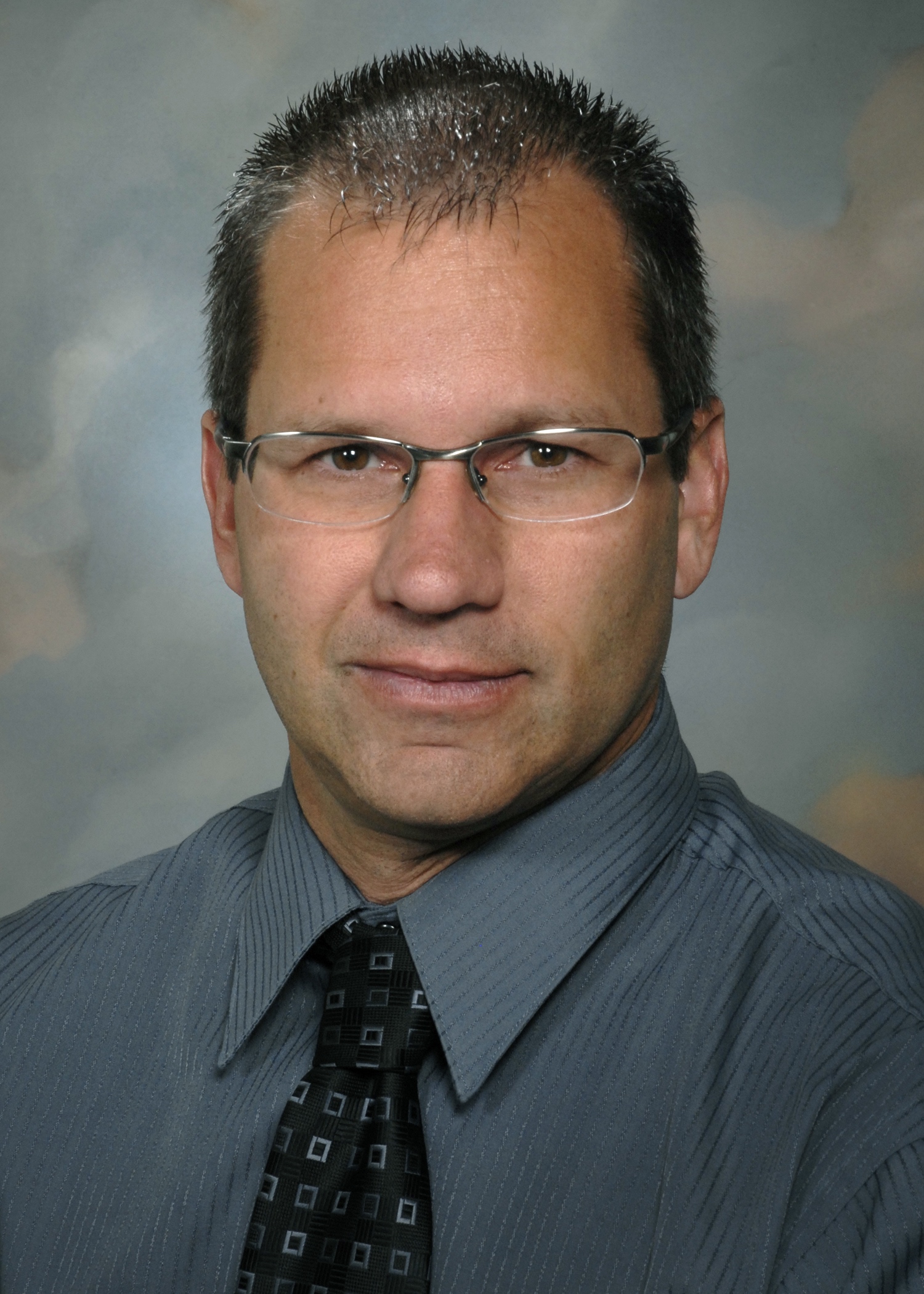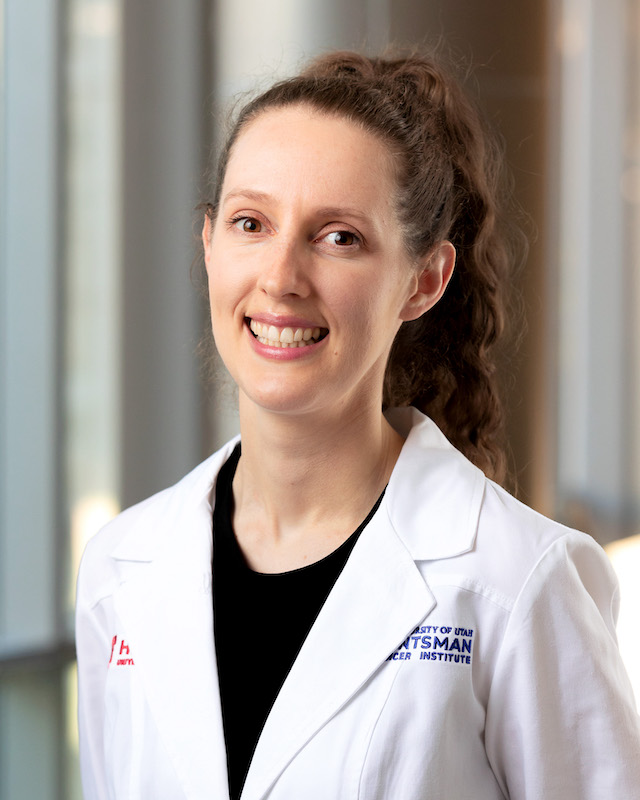Research Emphasis Area: Cancer Biology
Conferences & Events
The HCI Seminar Series brings nationally and internationally recognized scientists to present their achievements and educate our Cancer Center community about basic and translational research, prevention, and treatment. The series also highlights significant new cancer advances by colleagues in Utah.
https://healthcare.utah.edu/huntsmancancerinstitute/events/seminar-series/
Research in progress presented by graduate students and postdocs
Topics of interest to oncology health care providers and researchers.
https://healthcare.utah.edu/huntsmancancerinstitute/events/2022/frontiers-symposium.php
T32 Opportunities
Huntsman Cancer Institute (HCI) Cancer Genetics, Epigenetics, Models, and Signaling (Cancer GEMS) Training Program (pending funding)
- PIs: Ayer, Tavtigian, Holmen
Cancer Biology Focused Resources
University of Utah researchers have access to numerous state of the art core facilities, resources and support through the Health Sciences Center, Huntsman Cancer Institute, and the University. Cores and resources that are highly utilized by Cancer Biology Research Emphasis Area members are:
- Biorepository and Molecular Pathology (BMP) Shared Resource
- Cancer Biostatistics (CB) Shared Resource
- Genetic Counseling (GC) Shared Resource
- High-Throughput Genomics and Bioinformatics Analysis Shared Resource (GBA)
- Immuno-Oncology Network (ION)
- Preclinical Research Shared Resource (PRR)
- Research Informatics Shared Resource
- Utah Population Database (UPDB)
The University of Utah General Catalog
ONCSC 6500 - Clinical and Molecular Cancer Biology
In alternating years, this course is focused on the current understanding of the molecular and cellular biology of cancer along with how this knowledge relates to the diagnosis, treatment and prevention of cancer. The complementary sister-course is focused on clinical cancer biology. It is designed for graduate students and post-doctoral fellows in basic science departments with an interest in modern principles and practice of oncology. It will cover general principles and new developments in cancer etiology, detection, diagnosis, treatment, and prevention. The course is organized around specific diseases, using advances in each area to highlight modern principles and practice of oncology.
Bioscience Faculty
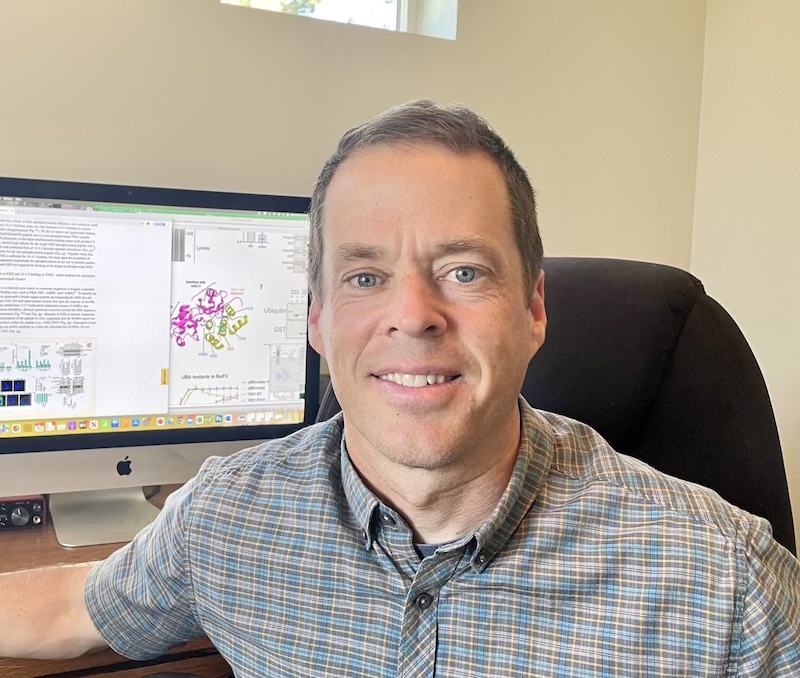
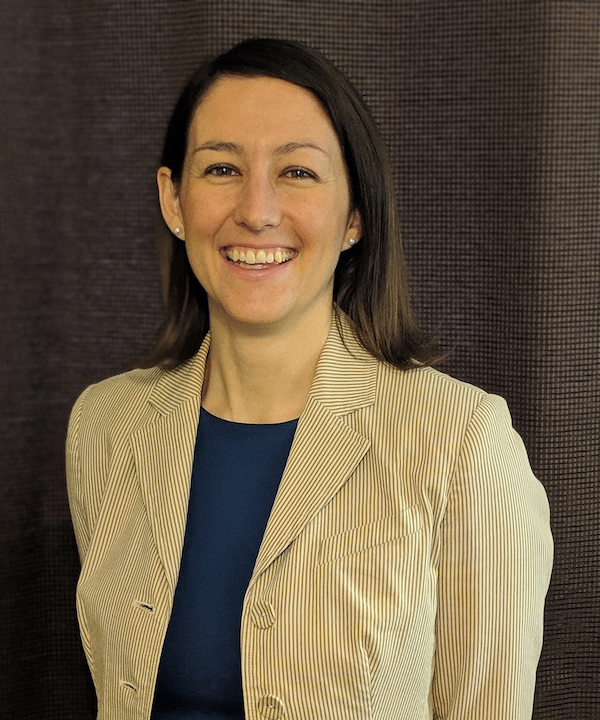
Cellular Senescence, Wnt Signaling, Adrenal Cancer, Mouse Models of Cancer, Developmental Biology
Cell Signaling, Genetics, Development, Inter-organ Communication, Drosophila, CRISPR, Plasma Proteomics

Physiology, Metabolism, Nutrition, Time-Restricted Feeding (TRF), Circadian clock, Aging
Chromatin and Histone Modifications, Epigenetics and Metabolism, Protein Chemistry, Metabolite Sensors
Pediatric cancer, zebrafish models, drug screening, optogenetics, Ewing sarcoma
Cancer Metabolism, Physiology, Liver Cancer, Mass Spectrometry, Chemical Biology, CRISPR Screens

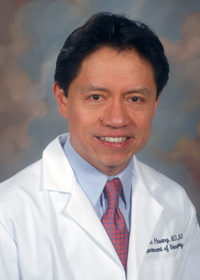

Organelle Communication and Disease, Cell Biology, Organelle Quality Control, Nutrient Sensing, Aging, Metabolic Stress
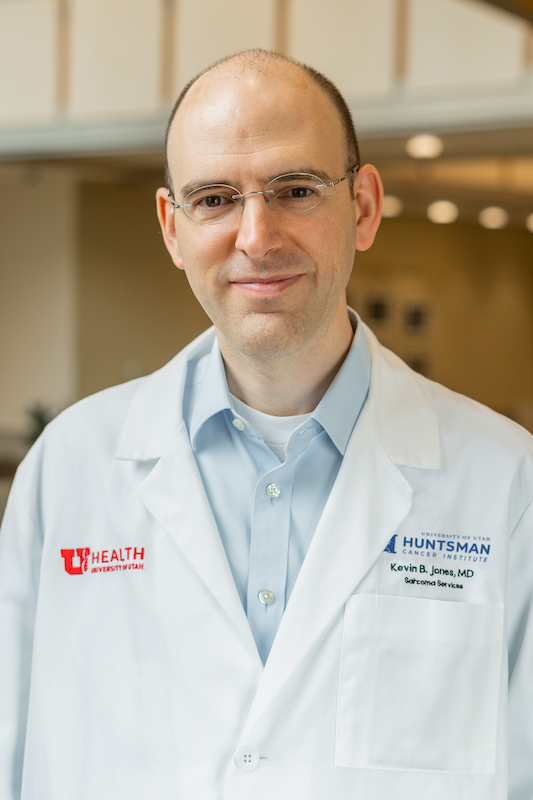
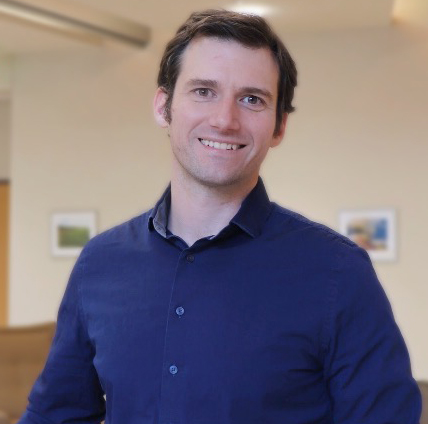
Nucleic Acids, Gene Editing, Biotechnologies, Single-molecule Biophysics, Cell Dynamics, Immunity
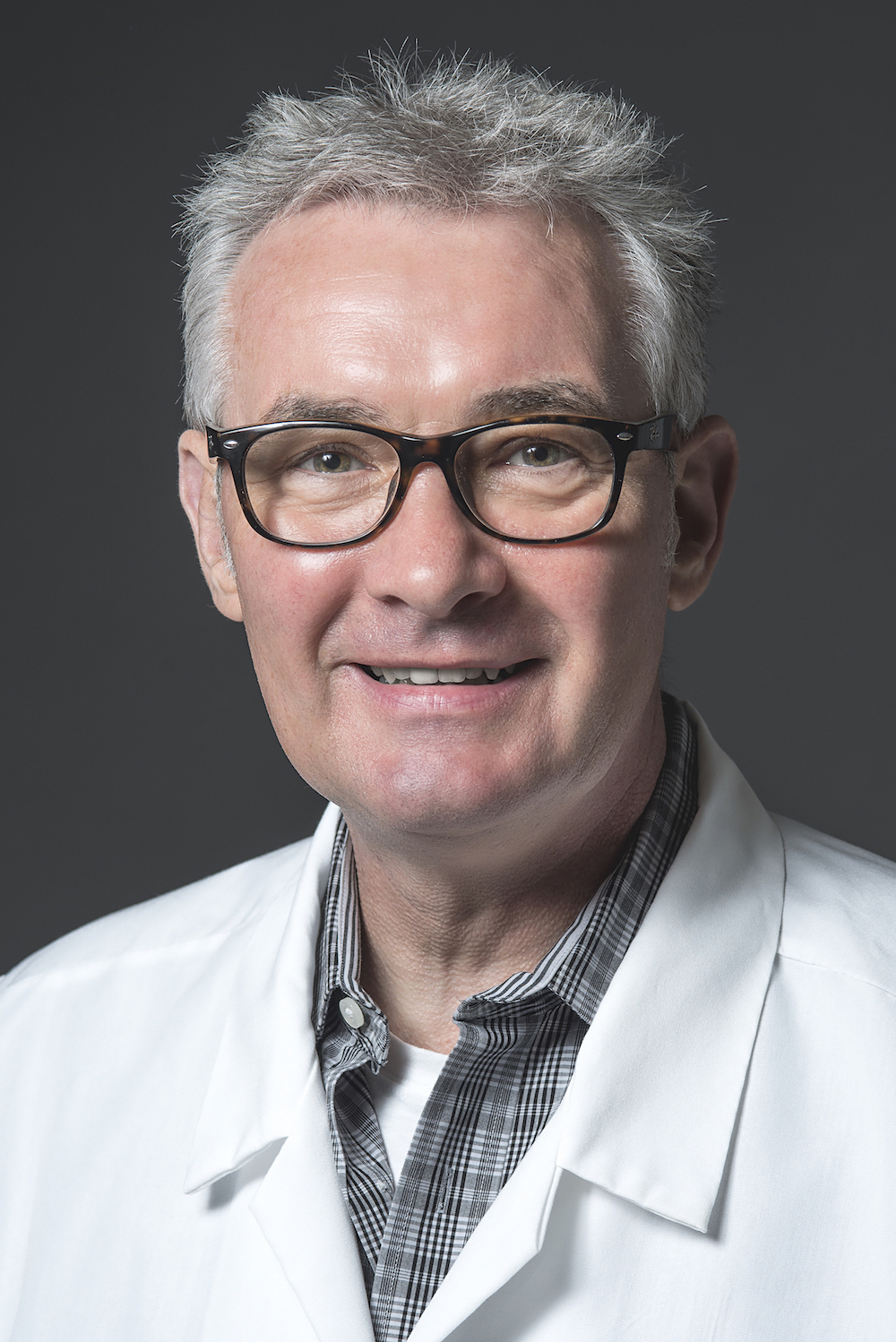

mRNA therapeutics; lipid nanoparticles (LNPs); liposomes, RNA delivery; cancer immunotherapy; immune tolerance; dendritic cells; macrophages, hepatocytes, immunometabolism; gene delivery; nanomedicine; CAR T cell therapy; AAV immunogenicity; immunoengineering; tolerogenic vaccines
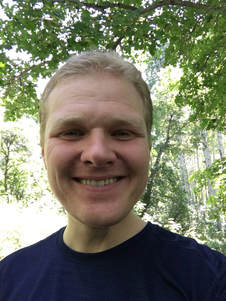

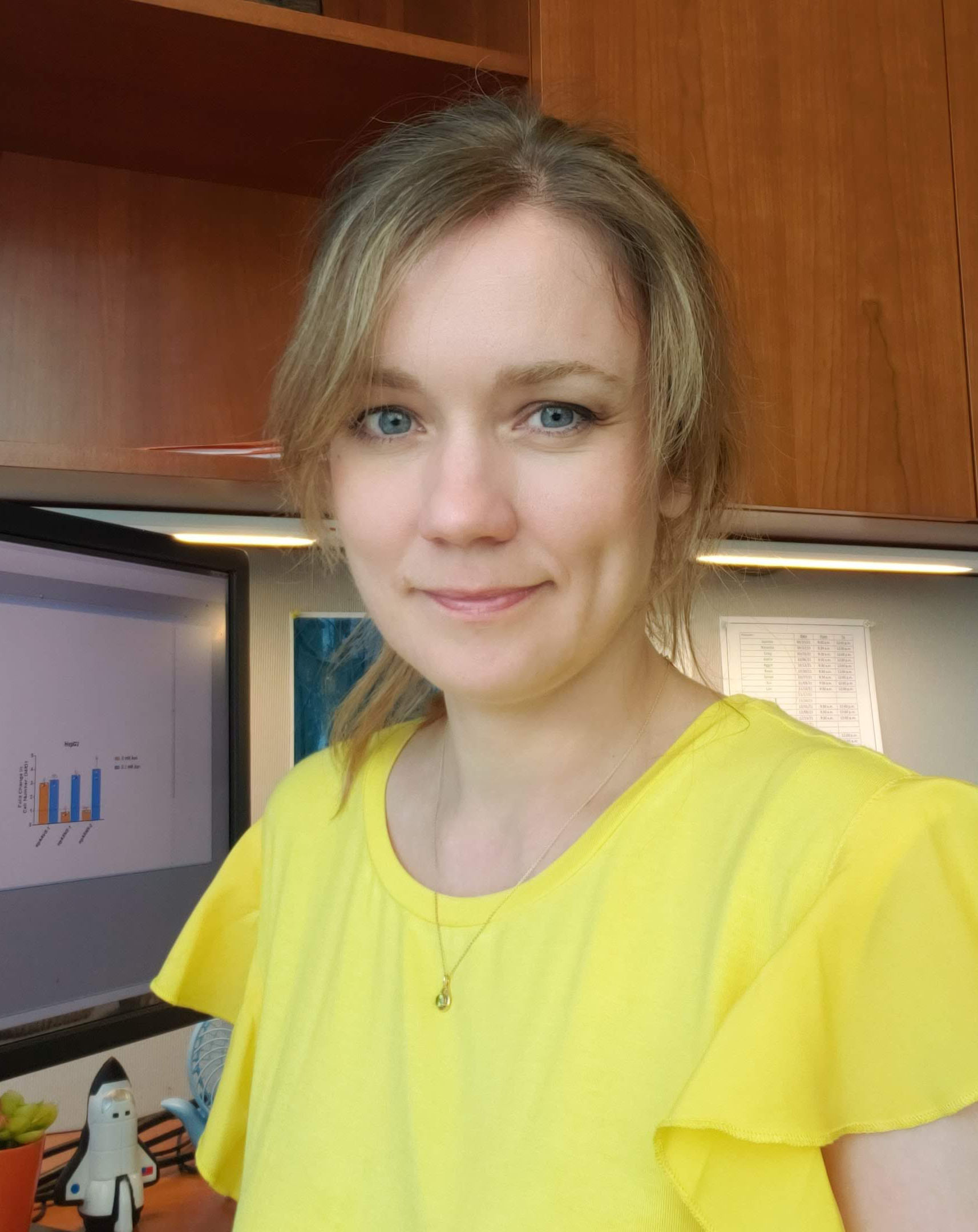
Cell Migration, Tumor Microenvironment, Cytoskeleton, Zebrafish, Mouse, Dictyostelium, Immunology, Breast Cancer, Melanoma
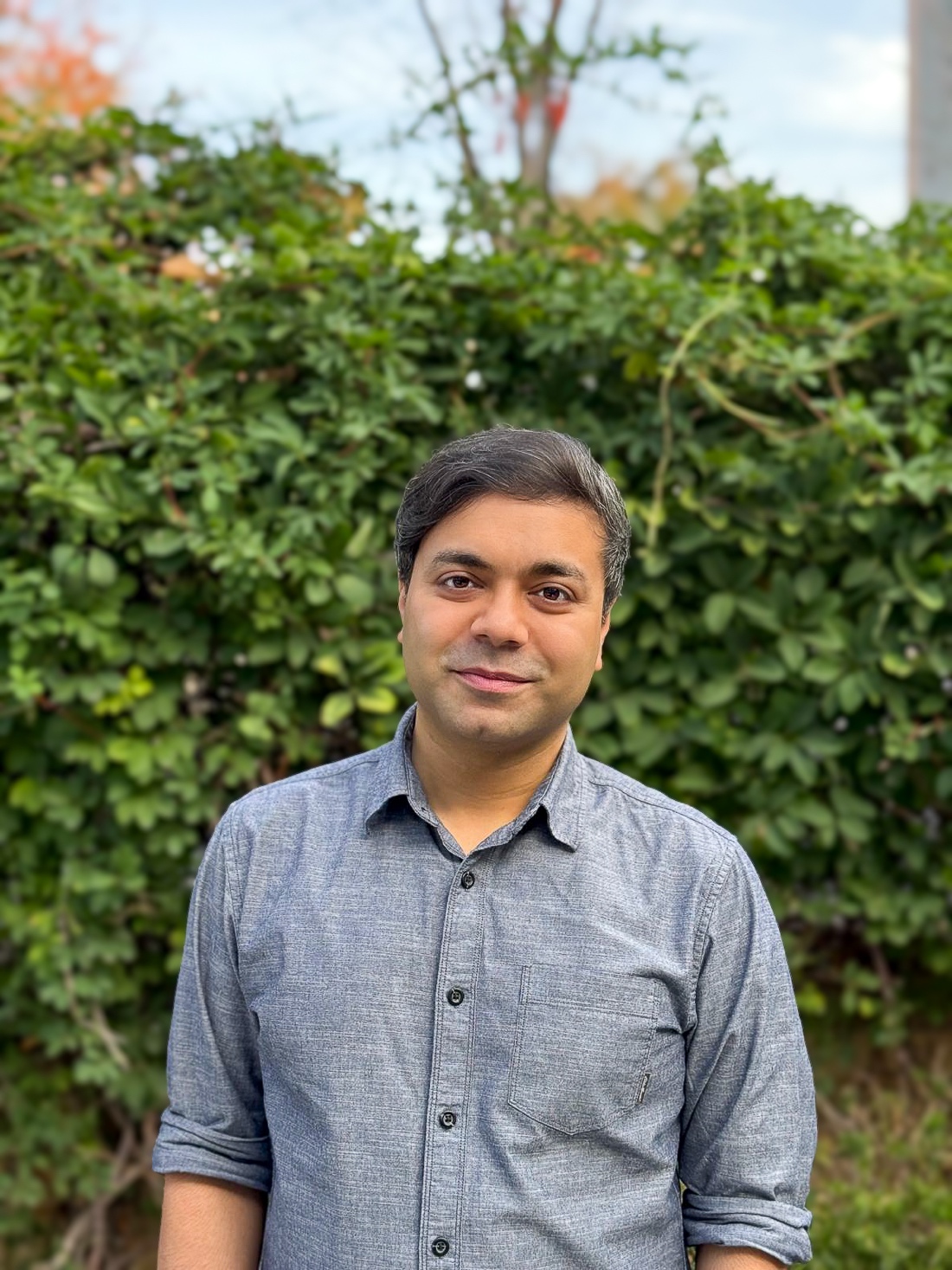

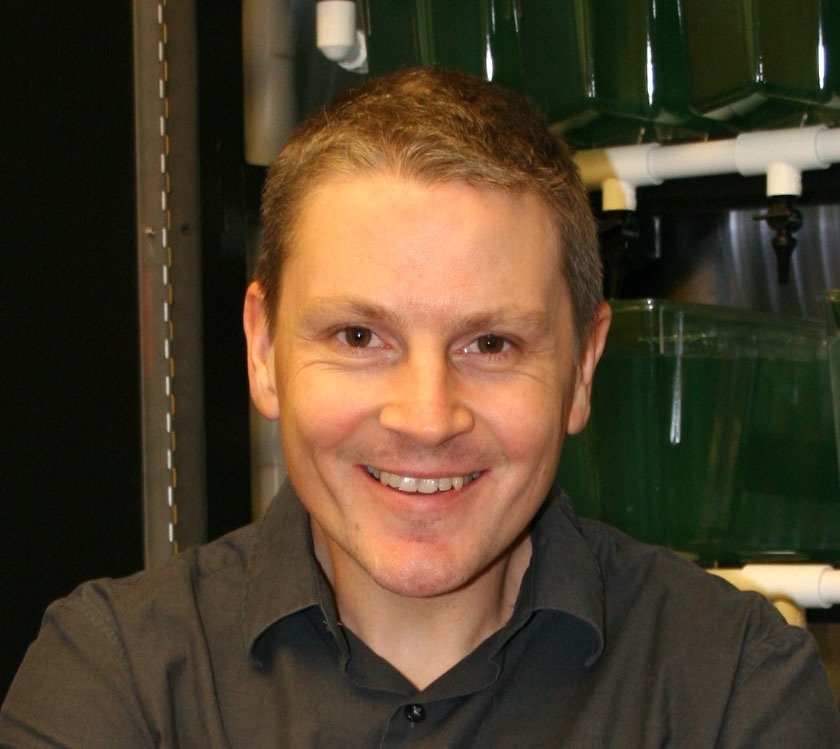
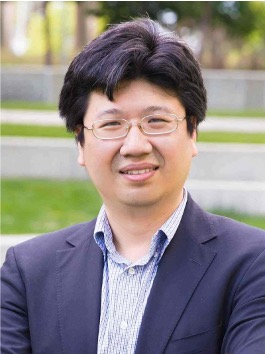
Translational Bioinformatics, Cancer Systems Biology, Cancer Data Science, Computational Immuno-Oncology, Precision Oncology
Gene Regulation in T cells, in T cell memory and autoimmunity, in Stem Cells and in Cancer

